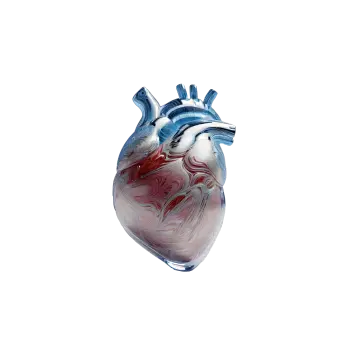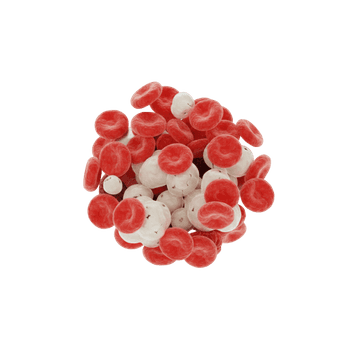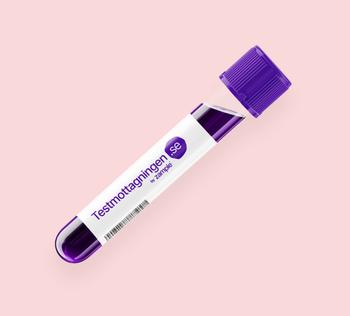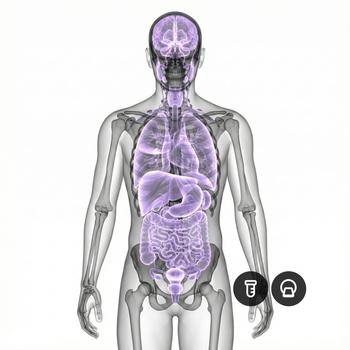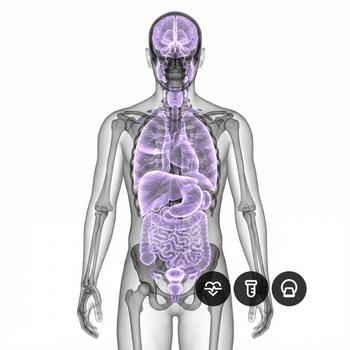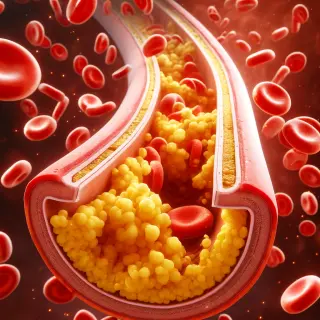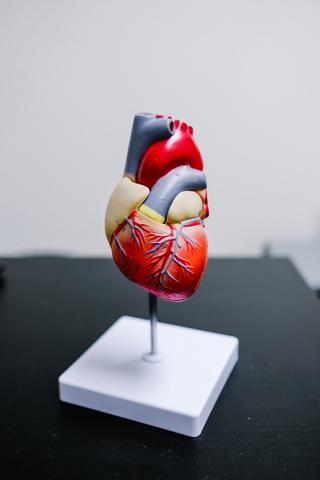What is cholesterol?
Cholesterol is a fatty substance found naturally in all humans and animals. It plays an important role in the body as it helps build cells and produce hormones. Cholesterol is found in all cells of the body, but it is also found in certain foods such as animal products such as dairy products, eggs, meat and fish. Cholesterol can also be produced by the liver.
Total cholesterol is a measure of the total amount of cholesterol in the blood. There are two types of cholesterol: LDL (low density lipoprotein) and HDL (high density lipoprotein). LDL cholesterol, also known as "bad cholesterol", can build up in the arteries and cause heart disease if there is too much of it. HDL cholesterol, or "good cholesterol", on the other hand, helps transport LDL cholesterol away from the arteries and back to the liver where it can be broken down.
It is important to keep an eye on your cholesterol level and to have it under control. High levels of LDL cholesterol can increase the risk of cardiovascular disease, while high levels of HDL cholesterol can reduce the risk. There are various ways to keep cholesterol levels under control, such as eating a healthy diet, exercising regularly and avoiding excessive amounts of tobacco and alcohol.
Why analyze cholesterol?
It is good to analyze cholesterol to get an idea of how the body works and if there are any possible risk factors for cardiovascular diseases that can be prevented with the help of measures.
If one has high levels of LDL cholesterol in the blood, it can cause a build-up of cholesterol in the arteries, which can increase the risk of cardiovascular disease. Therefore, it is important to keep LDL cholesterol as low as possible. Likewise, having high levels of HDL cholesterol is good because it helps transport LDL cholesterol away from the arteries and back to the liver where it can be broken down.
What can a high cholesterol level mean?
Elevated cholesterol levels are seen in secondary hyperlipidemia (eg diabetes mellitus, kidney disease, liver disease, hypothyroidism) and in primary hyperlipidemia (familial hypercholesterolemia, familial dyslipoproteinemia).
Symptoms of high cholesterol
High cholesterol can usually not be felt in any way and there are often no specific symptoms to watch out for. It is therefore important to check your cholesterol level regularly to keep it under control.
























